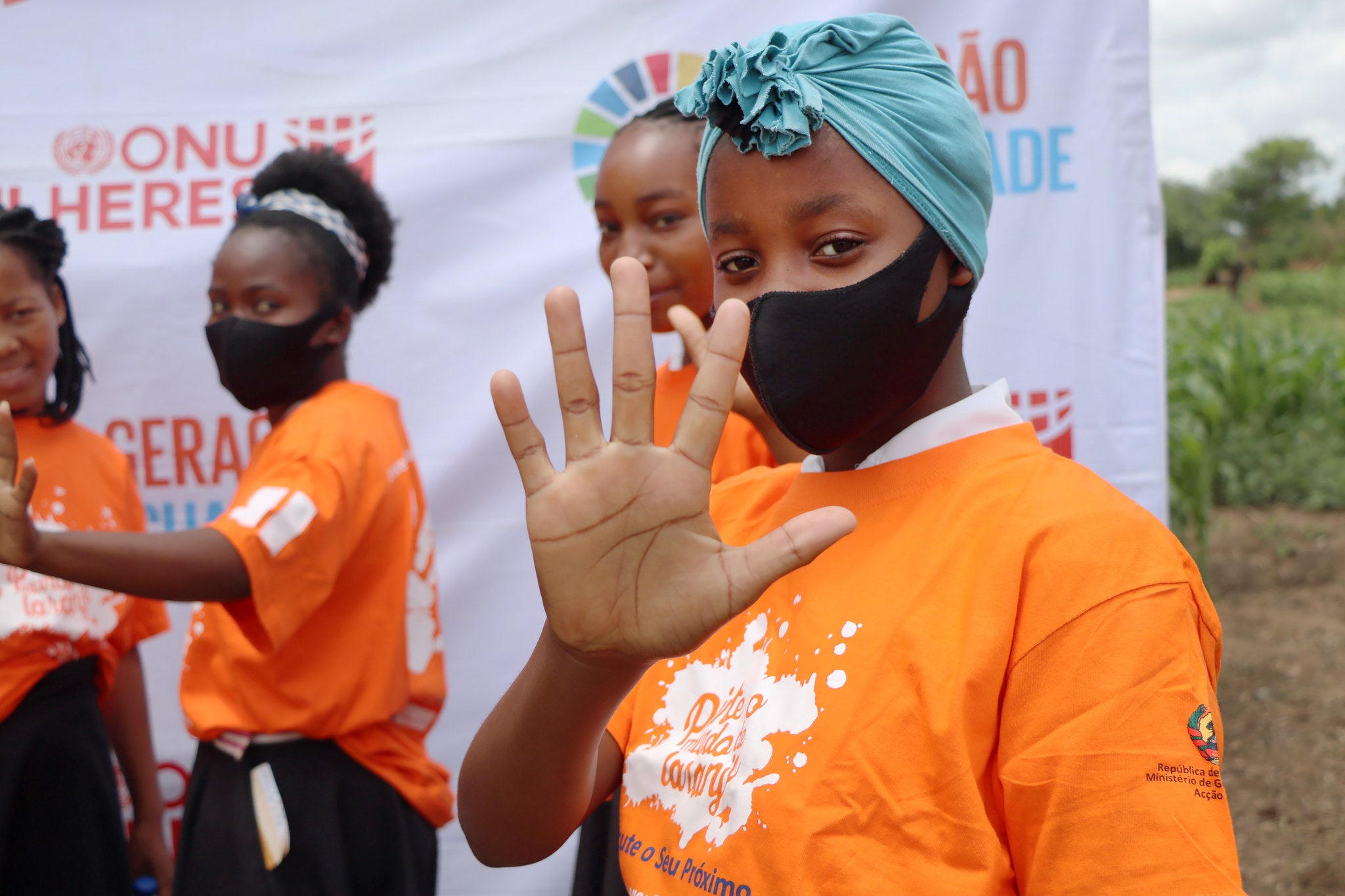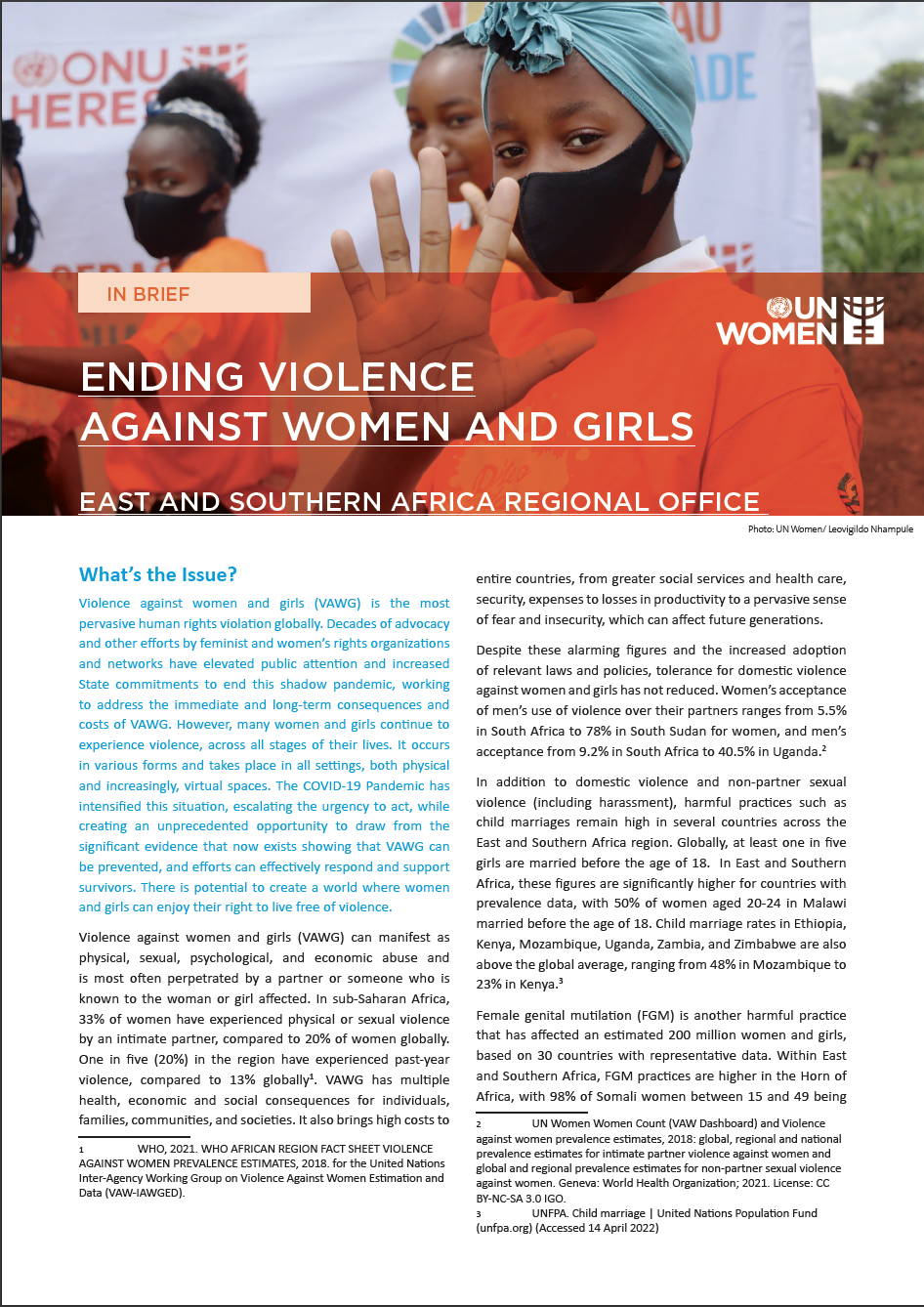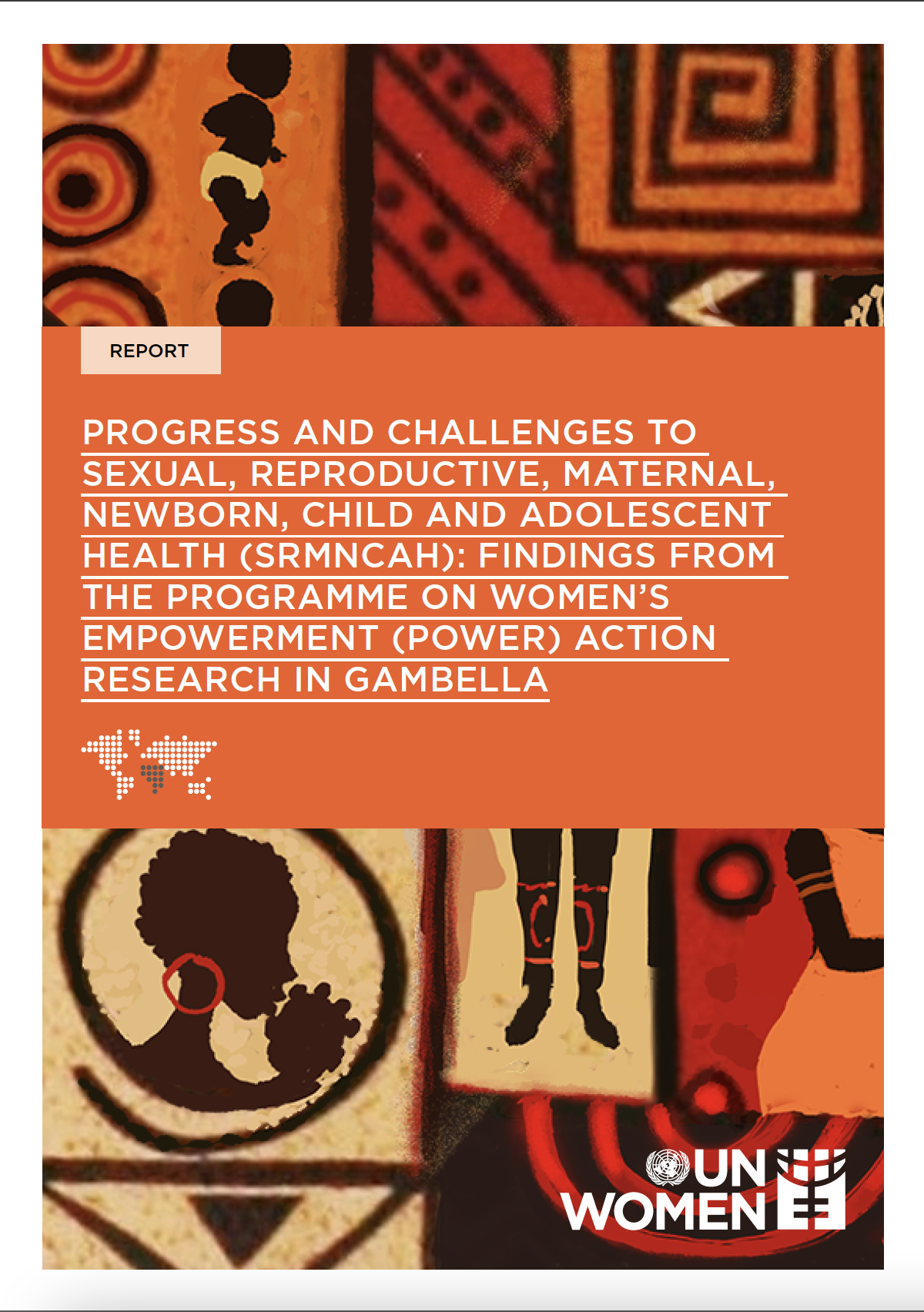
Ending violence against women

Violence against women and girls (VAWG) is the most pervasive human rights violation globally. Decades of advocacy and other efforts by feminist and women’s rights organizations and networks have elevated public attention and increased State commitments to end this shadow pandemic, working to address the immediate and long-term consequences and costs of VAWG. However, many women and girls continue to experience violence, across all stages of their lives. It occurs in various forms and takes place in all settings, both physical and increasingly, virtual spaces. The COVID-19 Pandemic has intensified this situation, escalating the urgency to act, while creating an unprecedented opportunity to draw from the significant evidence that now exists showing that VAWG can be prevented, and efforts can effectively respond and support survivors. There is potential to create a world where women and girls can enjoy their right to live free of violence.
UN Women works to accelerate efforts to end all forms of violence against women and girls in the region, drawing upon our signature interventions and triple mandate which works through normative, coordination and operational approaches.
UN Women works with diverse partners to ensure international, regional, and national commitments uphold the right to live free of violence and that commitments made are implemented and monitored to achieve their intended results. These efforts build on the significant legal and policy foundation that exists across Africa, and focus on closing the implementation gap and ensuring accountability for commitments made.
At the operational level, UN Women works to support regional and national institutions to implement their commitments to end VAWG by advancing capacities, promoting increased investments on the issue, and strengthening multi-stakeholder partnerships and collaboration toward the delivery of evidence-based, context-specific interventions across East and Southern Africa. This holistic approach comprises:
1) An enabling legislative and policy environment.
2) Comprehensive and coordinated evidence-based prevention efforts.
3). Quality, multi-sectoral essential services for survivors of violence, recognizing their diversity of experiences and needs.
Through its coordination mandate, UN Women works to deepen partnerships with State actors, civil society organizations, as well as development partners (including within the UN System). Within civil society, women’s rights and feminist organizations, networks and movements are a key constituency and leaders in EVAW historically, and UN Women continues to provide support to these groups to amplify their voices in various spaces, contribute to their efforts to enhance institutional capacities and programming on EVAW, as well as strengthen solidarity between and among groups. UN Women regularly convenes platforms and spaces for dialogue, exchange of knowledge and promising practices, coordinates joint initiatives for EVAWG and encourages collaborative advocacy efforts to raise attention and visibility of the issues. UN Women also convenes regional processes in support of the inter-agency UN Trust Fund to End VAWG.

